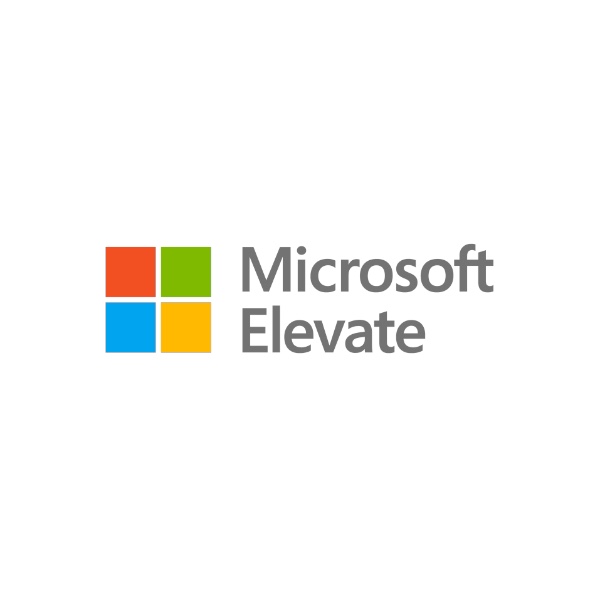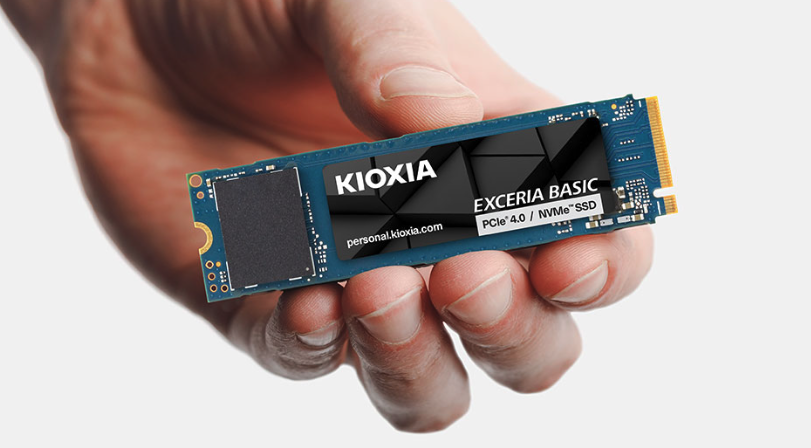Microsoft is expanding its AI skills push in the UAE with a new programme, Microsoft Elevate UAE, announced at the Dubai stop of its global AI Tour. The initiative is aimed at educators, students, and government employees, and sits at the intersection of the country’s broader AI ambition and an increasingly urgent need for large-scale digital upskilling.
Microsoft Elevate UAE builds on an earlier pledge to skill one million people in the region by the end of 2027. Under the new programme, more than 250,000 students, faculty, and staff, along with over 55,000 federal government employees, are expected to gain access to AI-focused training and tools. This includes expanded programmes for education institutions across the country, such as a commitment to reach 10,000 teachers and 150,000 students in GEMS private schools, with a focus on embedding AI literacy and hands-on experience across different levels of learning rather than treating AI as a standalone topic.
The Dubai edition of AI Tour served as a showcase for how the company wants its AI stack to be used in practice, with keynotes, developer sessions, and customer demonstrations centered on productivity and public-sector use cases. The opening keynote was delivered by Brad Smith, Vice Chair and President, who later joined Peng Xiao, Group CEO of G42, and Samer Abu-Ltaif, President of Microsoft EMEA, for a discussion on the next phase of their partnership and the previously announced $15.2 billion investment in the UAE. The conversation highlighted three recurring themes in AI deployment: infrastructure, skills, and governance.
From a policy and economic perspective, the Elevate programme is framed as a way to align cloud and AI infrastructure investments with local capability-building. While headline numbers such as “tens of billions” in investment often capture attention, the real test will be whether the training translates into practical skills within classrooms, universities, and public services. The focus on both foundational skills and applied use cases—particularly for government employees—suggests an effort to move beyond awareness sessions into measurable competency.
One notable element of AI Tour Dubai was the Connection Hub, a dedicated space for local startup stories. Featured Emirati-founded companies included Takalam, an AI-powered mental health platform; PRYPCO, a proptech startup; and Otera, which develops agentic automation tools for enterprises. Rather than positioning these companies as marketing examples, the segment underlined how AI is already being experimented with in sensitive and regulated areas like mental health and property, where issues such as privacy, reliability, and long-term sustainability are as important as technical capability. Ahead of the event, Smith met with these founders to discuss their work and signal ongoing support for the ecosystem.
On the public-sector side, the company also announced the next stage of collaboration with G42 and the JAHIZ platform to train and credential 55,000 federal government employees in AI over the next 12 months. This training is expected to combine basic AI concepts with practical applications, from service delivery to internal workflows. There is also a continued emphasis on leadership programmes focused on responsible AI and digital transformation for senior officials, reflecting growing scrutiny around how automated systems affect citizens, data, and decision-making.
Throughout the event, sessions and demos showcased tools such as Copilot, Azure OpenAI Service, and Microsoft Cloud offerings, targeting developers, IT professionals, and business leaders who are expected to implement these systems day-to-day. For many organisations, the challenge is less about gaining access to AI tools and more about integrating them into existing processes without compromising security, compliance, or user trust. Positioning Microsoft Elevate UAE as a long-term skilling initiative hints at recognition that technology deployments only succeed when people have the time and support to adapt.
The programme also sits within the UAE’s broader national agenda around AI, which includes dedicated government offices, strategy documents, and cross-sector initiatives. In that context, Microsoft Elevate UAE can be seen as one of several parallel efforts—from universities, global tech firms, and local institutions—competing and collaborating to define what “AI skills” actually mean in practice: anything from basic familiarity with AI-assisted tools, to prompt engineering, to more advanced work in data science and machine learning.
Whether the goal of skilling hundreds of thousands of people in a relatively short timeframe is realistic will depend on how deep the training goes and how consistently it is maintained. Short workshops and one-off certifications can raise awareness, but lasting impact usually requires ongoing curricula, clear industry recognition, and alignment with hiring and promotion practices. For now, the launch of Microsoft Elevate UAE signals that large-scale AI skilling has become a central pillar of both national strategies and technology vendors’ presence in the region.
As the global AI Tour continues through other cities, Dubai’s edition positions the UAE as a test bed for how national AI ambitions intersect with private-sector investment, startup activity, and public-sector transformation. If Microsoft Elevate UAE delivers on its objectives, it could serve as a case study for how coordinated training programmes, when paired with infrastructure and policy frameworks, shape the next generation of the AI workforce.







